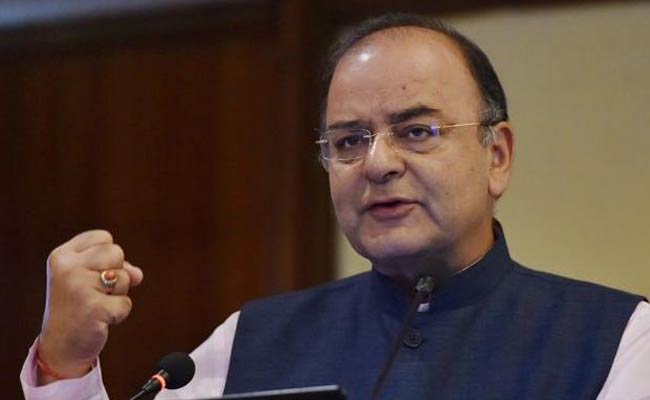In court, Washington Solicitor General Noah Purcell said the focus of the state’s legal challenge was the way the President’s order targeted Islam.
Mr. Trump has called for a ban on Muslims entering the country, and the travel ban was an effort to make good on that campaign promise, Ms. Purcell told the judge.
“Do you see a distinction between campaign statements and the executive order,” Judge Robart asked. “I think it’s a bit of a reach to say the President is anti-Muslim based on what he said in New Hampshire in June.”
Ms. Purcell said there was an “overwhelming amount of evidence” to show that the order was directed at the Muslim religion, which is unconstitutional.
When the judge questioned the federal government’s lawyer, Michelle Bennett, he repeatedly questioned the rationale behind the order.
Judge Robart, who was appointed the federal bench by President George W. Bush, asked if there had been any terrorist attacks by people from the seven counties listed in Mr. Trump’s order since 9/11. Bennett said she didn’t know.
“The answer is none,” Judge Robart said. “You’re here arguing we have to protect from these individuals from these countries, and there’s no support for that.”
Ms. Bennett argued that the states can’t sue on behalf of citizens and the states have failed to show the order is causing irreparable harm.
Judge Robart disagreed.























